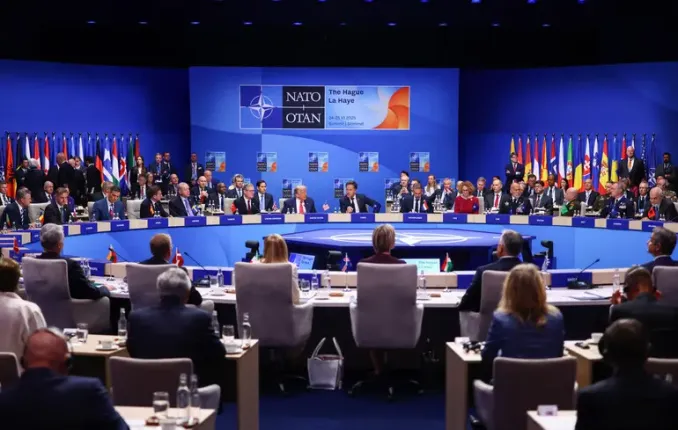International Intelligence Report: Russia’s Main Goal – Seizing Odesa Amid Geopolitical and Military Challenges

In the current landscape of international politics, concerns have intensified following statements by high-ranking NATO officials regarding Russia's strategic aims in the ongoing war. According to these sources, Moscow's primary and most direct objective is to capture Odesa, a city of enormous significance due to its economic and maritime importance for Ukraine. Analysis by military experts corroborates this, emphasizing Russia’s desire to dominate the key port and coastal region, thereby strengthening its regional posture and exerting pressure on Ukraine from the sea. The possible occupation of Odesa would have disastrous consequences for Ukraine, including losing access to its major port and vital maritime trade routes. Recent visits by European leaders to Ukraine, including former officials, have underscored this threat, highlighting that without substantial military aid, Kyiv risks losing more territories and strategic positions. Evaluations by military analysts indicate that both the Russian and Ukrainian forces are nearing exhaustion, with Russia capable of maintaining their current level of operations for about a year, while Ukraine could reach a critical breaking point within six months if additional aid does not materialize. Recent diplomatic meetings between Ukrainian and American leaders have raised hopes of delivering advanced weapons systems like Patriot missile batteries and Himars rocket systems. However, skepticism persists regarding the actual delivery and political will to ensure consistent supplies, given the fluctuating U.S. political landscape. The ongoing conflict strains Ukraine’s resources; estimates suggest Russian casualties have exceeded one million, with similar or higher Ukrainian losses, at a time when increased missile strikes on Kyiv and other cities continue to undermine morale. Amid these developments, a rising tide of pessimism among analysts suggests that the conflict may extend into the foreseeable future, with fears that breakthroughs are unlikely without significant shifts in military support or diplomatic negotiations. Some experts believe Ukraine can hold its positions for another year despite significant losses, whereas others warn that if assistance diminishes, the situation could spiral into a catastrophic failure. The current geopolitical climate emphasizes the importance of realistic strategic planning by NATO and Ukraine. Although efforts are underway to prevent further escalation, uncertainties around timing, resources, and political commitments remain. The ongoing debate focuses on balancing military aid, diplomatic efforts, and long-term objectives, all while safeguarding against the risk of a broader regional or global conflict.

